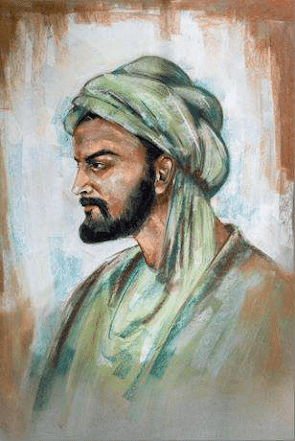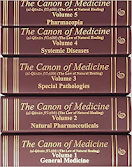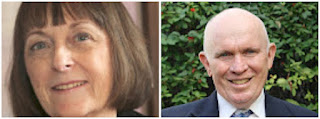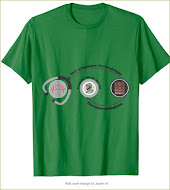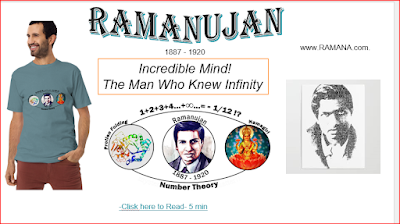Avicenna - First Cardiologist - DailyWearForMedicine.com
By Ramana Annamraju - MedBricks
Avicenna ( 980 AD-1037 AD) is an Einstein of medicine. He might be the first cardiologist and the first author of Cardiac diseases in the history of medicine. He may have inadvertently discovered the clinical pathology behind the Lie Detector Test. Given the period and resources, this 10th-century physician's insights into the human body are simply amazing.
\
"Calcium Channel Blockers" are widely used in the treatment of cardiovascular diseases to reduce blood pressure, irregular heartbeats, and other pathologies. Avicenna has written a remarkable book entitled "Kitab al-Adviyt-al-Qalbiye" which translates into "The book on drugs for cardiac diseases'. There is a reference to a drug in this book called"'Zarnab". Zarnab was used as a drug to put the heart at ease. Zarnab is derived from a poisonous evergreen tree ( English Yew) widely grown in northern Iran, where Avicenna comes from. Taxus baccata, a botanical name for Zarnab", was found to have calcium channel blocking capabilities. Avicenna used a drug with calcium channel blocking activity much earlier than the arrival of synthetic drugs.
But his masterpiece of work is a medical encyclopedia called "Canon of Medicine", consisting of several volumes. These volumes have been standard textbooks for medical students for over a thousand years in every part of the world. There was no other medical book that could match the anatomy and physiology before his body of work.
In the 10th century, one of the main diagnostic tools is the understanding of pulse and pulse rate. Avicenna is the first one who gave the right clinical explanation for pulsation. He describes every beat of the pulse comprises two movements and two pauses. Thus, expansion: pause: contraction: pause
Avicenna may have recognized "love sickness" manifests in biological responses. He may have indirectly found the clinical pathology behind the lie detection. He used to ask some of his love-struck patients to recite, starting from country, town, street ...while watching their pulse. He would pinpoint exactly where patients' love-struck was residing.
Avicenna made important contributions to cardiology. He understood neurogenic syncope and vasovagal syncope. He associated "Exercise" with heart well-being.
Avicenna used to be called "Emir" (Prince) of physicians in the west. He is certainly a physician's physician. He is a towering personality in the history of medicine. By honoring him we honor every medical professional that is on the front lines today.
Celebrate this Hero of Medicine and your profession with this coffee mug/ T-shirt
Click on the pic or here to purchase
Buy on Amazon Click Here Visit www.DailyWareForMedicine.com for more selections


